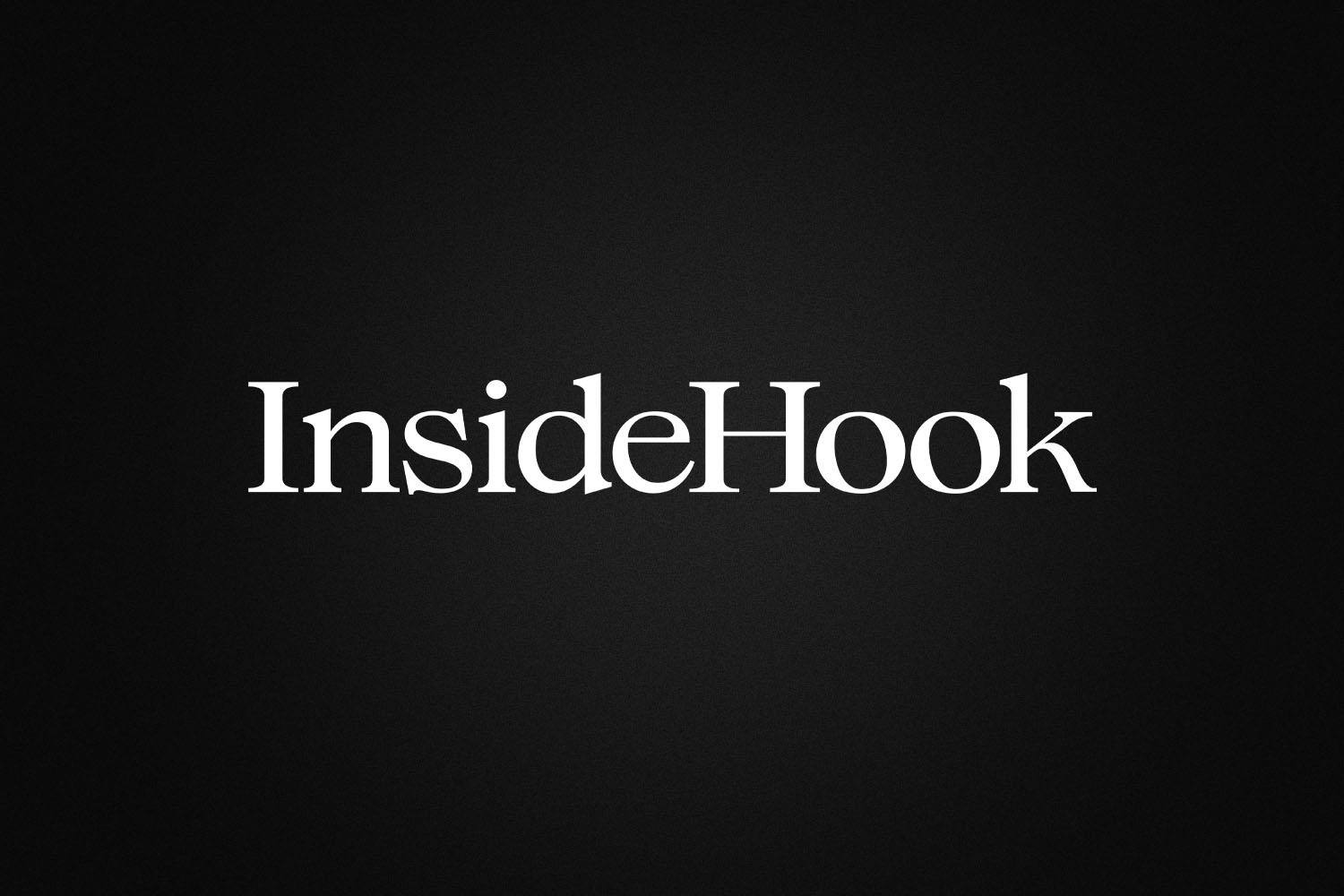If you live in the Bay Area and you love food, you know the name Iso Rabins.
Mushroom forager extraordinaire and founder of the Underground Market, Rabins is behind some of the most innovative projects in town — including the new Forage Kitchen in Oakland, which is fast becoming a center for fellow food entrepreneurs.
Here, a special edition of our Five Books That Changed My Life — today, we have the five cookbooks that defined Iso’s kitchen.
The River Cottage Cookbook by Hugh Fernely Whittingstall
I love Hugh Fernely Whittingstall — I said it, and I won’t apologize. Not only is he a great chef, but he uses his fame to create the world in the image he sees. His back-to-basic recipes, paired with whole traditional farming and whole food cooking technique, feel really honest. I respect that. On top of that, he focuses on the positive ways this can happen, rather than focusing on the negative as so many world changers choose to.
Plus, his books have great pictures.
Nourishing Traditions by Sally Fallon
This is not a “cool” book by any means. I remember the first time my Mom pulled it out. I paged through it, noticing such delicacies as “cabbage water” (basically cabbage with salt and water left to rot), sauerkraut (also, if you think about it, cabbage left to rot) and more liver recipes than I could count.
Honestly, I was a bit grossed out. Written following the teachings of an 18th-century dentist who traveled around the world and noticed people who followed traditional food culture had healthier teeth, I wasn’t convinced. This was back in the day when pasta was at the top of the food pyramid, and eating steak made you fat. Since then, offal has become gourmet, and anything fermented is graced with an aura of greatness. Oh, how things change.
Soaking grains, eating unprocessed foods, fermenting veggies — these have all become a part of my life, and I have this one weird book (and my Mom) to thank.
The Omnivore’s Dilemma by Michael Pollan
I can hear the collective eye roll from this one, not least because it’s not really a cookbook — but if I’m being honest it totally transformed my relationship with food. Knowing where your food comes from is par for the course these days, but if we think back to the dark days of the mid-aughts, that really wasn’t the case. I actually moved to California from Boston with the goal of making a documentary about urban farming because of this book. When I realized that there were 10 people making the same movie, I decided to go my own way, and that lead me to where I am, so it definitely changed my life.
Flavors of Home by Margit Roos-Collins
Some might call this a guidebook — I call it a cookbook. Focused on the wild edibles o the San Francisco Bay Area, it’s chock-full of all the best local plants and seaweeds — and on top of that, it tells you how to cook them. It was the first foraging book I read, and it sparked my whole career.
Out of print from the ’70s when I found it (not proud of it, but still haven’t returned the copy I “borrowed” from the library eight years ago), it’s back in print now! And I got to write the foreword for the new edition — possibly the most proud moment of my life. If you live in the Bay, you really need to grab a copy.
Momofuku by David Chang
OK, here’s my hipster selection — who doesn’t love David Chang these days? But If I’m honest, I love this book. The recipes are great, of course, but I think the thing that I was most impressed with when I read it for the first time, and I still am, is David Chang’s ability to stick to his vision no matter what happens, and question everything that people do “because that’s the way it’s done.” I think it’s too common in food for people to be creative inside the lines of what they’ve been taught, and Chang doesn’t live between those lines.
This article was featured in the InsideHook SF newsletter. Sign up now for more from the Bay Area.
